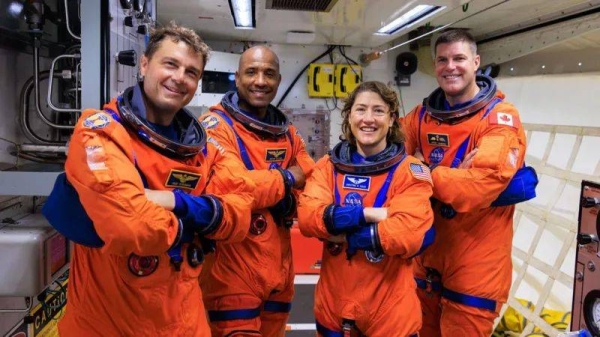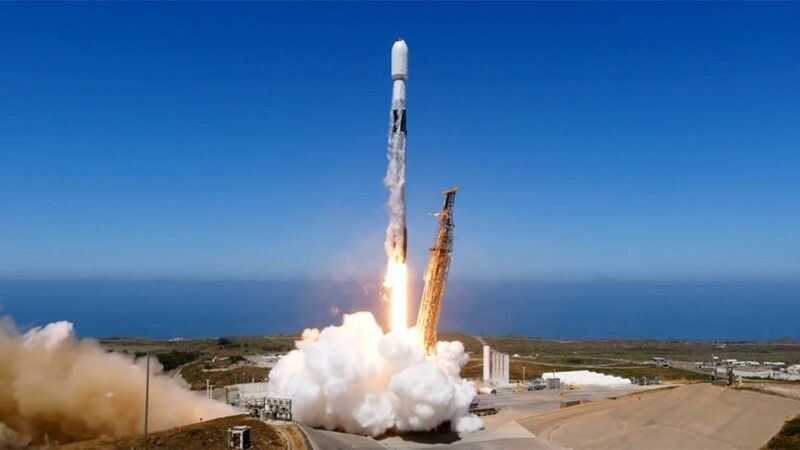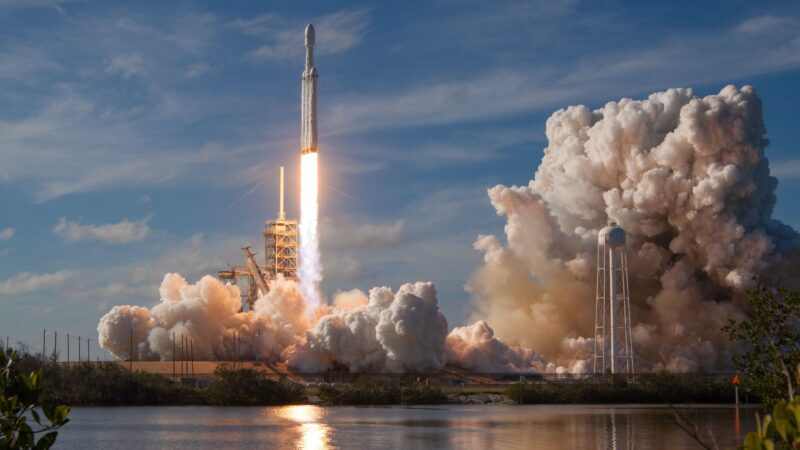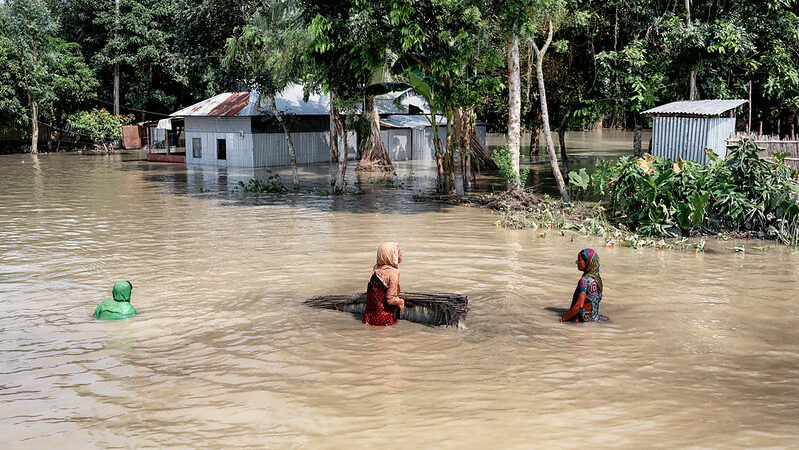Study says world’s glaciers are melting at the alarming rate
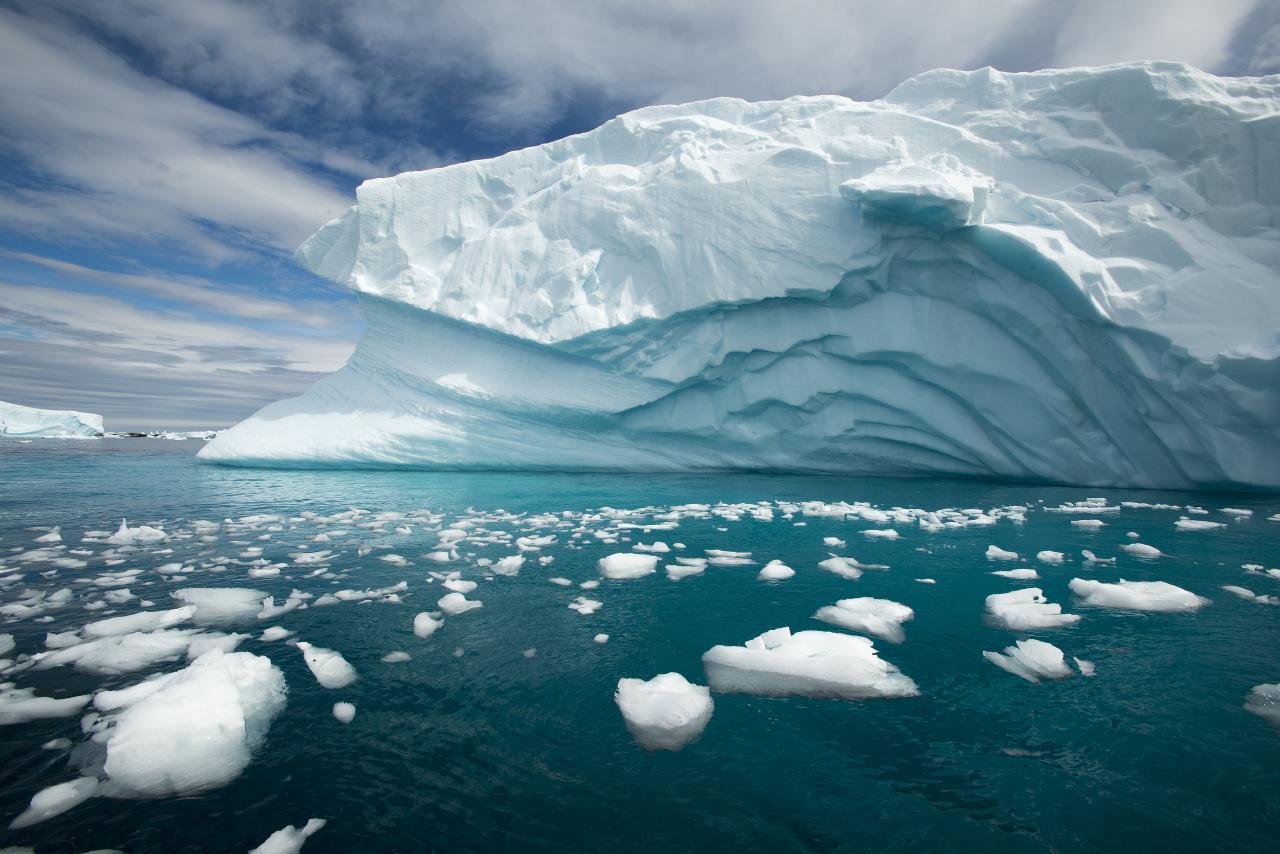
A new study has used millions of satellite images to generate the clearest picture yet of the world’s glaciers and concludes they’re getting smaller- faster; that you can’t even imagine.
Looking at the melting rate of over 220,000 glaciers, an international research team led by a Swiss university (ETH Zurich), found they lost an average of 267 billion tonnes of their weight per year between 2000 and 2019.Scientists have long known that the world’s 217,000 glaciers are in retreat.
That knowledge, however, was based on relatively infrequent satellite images and field monitoring that didn’t include all glaciers. Menounos and his colleagues turned to a previously unused trove of images that allowed them to estimate the falling elevation of precise spots with unprecedented accuracy.
“We had (a supercomputer) running for a solid year of compute time,” he said.
Once they knew how far the surface of the glaciers had fallen, they could calculate how much ice was lost. The results boggle the mind.
They found glaciers are now losing 267 billion tonnes of ice every year. Just one billion tonnes of ice — a gigaton — is equal in mass to 10,000 fully loaded aircraft carriers.
“The situation in the Himalayas is particularly worrying. If the glaciers melt even faster, people in countries like India and Bangladesh could face water or food shortages within a few decades,” said a researcher at ETH Zurich and the University of Toulouse.
Glaciers tend to have a faster response to climate change compared with ice sheets in Greenland and Antarctica, and are currently contributing more to sea-level rise than either individual ice sheet, scientists said.
Glaciers are also a crucial source of freshwater, as they are in Western Canada. The paper quotes research suggesting more than one billion people could face water shortages by 2050. That doesn’t include other benefits humans rely on glaciers for. They keep headwaters streams cool, for example. “If you take that thermal buffering capacity of glaciers away, you’re left with a situation where these aquatic ecosystems are going to change,” Menounos said.
“Ten years ago, we were saying that the glaciers are the indicator of climate change, but now actually they’ve become a memorial of the climate crisis,” said World Glacier Monitoring Service director Michael Zemp, who wasn’t part of the study.
Ohio State University’s Lonnie Thompson said the new study painted an “alarming picture.” “The world really needs to act now to prevent the worst scenario of climate change,” stressed one of the researchers.


